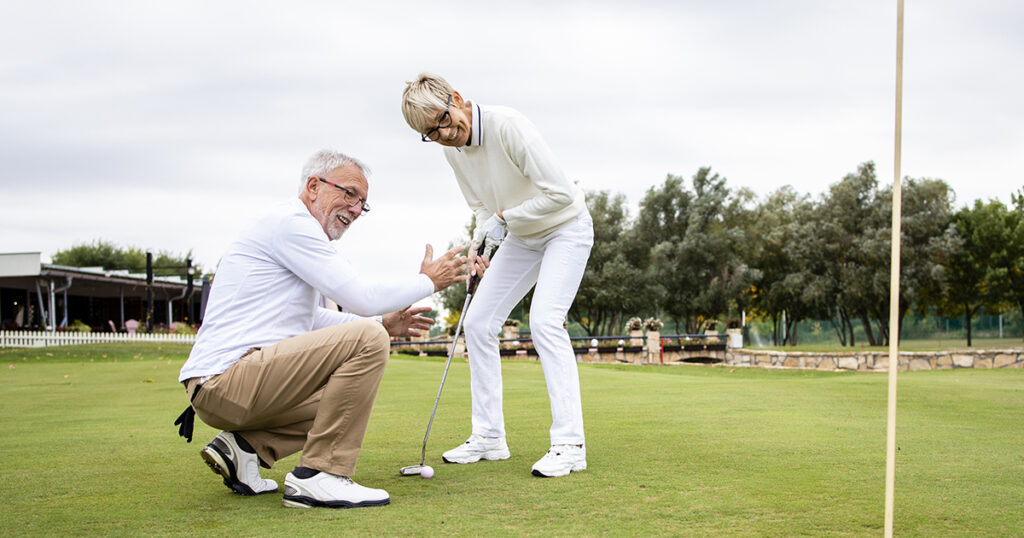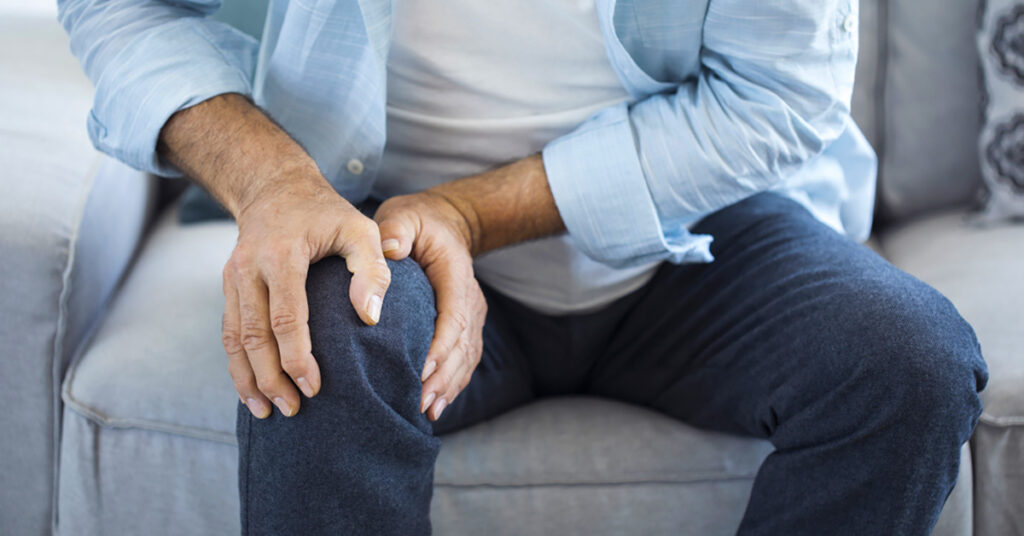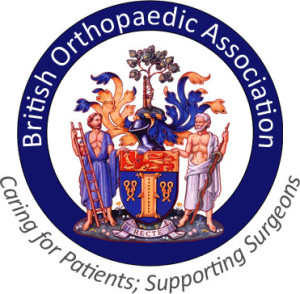Your knee is one of the largest and most complex joints in your body. It’s a hinge joint, allowing you to move your leg back and forth with a small degree of side-to-side motion.
As well as helping you to move around, your knees support your body weight and provide stability.
If you experience any problems with your knees, it’s essential to take the appropriate action. Most aches and pains are minor and will improve with rest, ice, compression and elevation.
If your symptoms persist, you may need a referral to an orthopaedic surgeon like Mr Nirav Shah. Following a thorough assessment, Mr Shah will provide a diagnosis and outline your various treatment options.
If your symptoms are severe or fail to improve with the help of more conservative treatments such as medication, physiotherapy or arthroscopy, you may require a partial or total knee replacement.
The most common cause for a knee replacement is osteoarthritis, also known as wear and tear arthritis. Here are the key signs to look out for:
Pain and stiffness
Persistent knee pain can have many different causes, so it’s crucial to seek a professional diagnosis. Osteoarthritis usually results in pain and stiffness. You might also notice some mild swelling around your knee joint. Osteoarthritis is more common in older people, but it can affect all ages.
If you are experiencing chronic knee pain, speak to your doctor and request a referral to an orthopaedic surgeon. If you are paying for your treatment privately, you can refer yourself to Mr Shah directly.
Restricted mobility
If your knee prevents you from doing the things you love, it’s another sign that you should see a specialist. Whether your favourite pastime is skiing or a stroll with friends, knee pain shouldn’t stand in the way.
In extreme cases, osteoarthritis can impact the daily activities we all take for granted; for example, getting dressed and enjoying a good night’s sleep.
Instead of accepting your symptoms as inevitable, orthopaedic treatment can restore your independence and help you live life to the full.
“Mr Shah was certain that he would be able to give me a few more years playing the sport I love. I had a wager with his physiotherapists that I would be practising within three months – I won the bet. There has been no pain with the replaced knee, and I have been able to bowl off my usual run.”
Hugh Milner
Knee replacement alternatives
While a knee replacement is a definitive solution to osteoarthritis, it’s important to consider less invasive treatments first. These could include lifestyle changes, medication, physiotherapy, cortisone injections or arthroscopy (keyhole surgery).
Occasionally, the knee joint has deteriorated to such an extent that less invasive treatments aren’t possible, and a knee replacement is the only option for a good outcome.
The sooner you see a specialist, the more treatment options you will have to choose from.
If knee pain is impacting your quality of life, speak to your GP or contact us directly to arrange an initial consultation with consultant orthopaedic surgeon Mr Nirav Shah.






